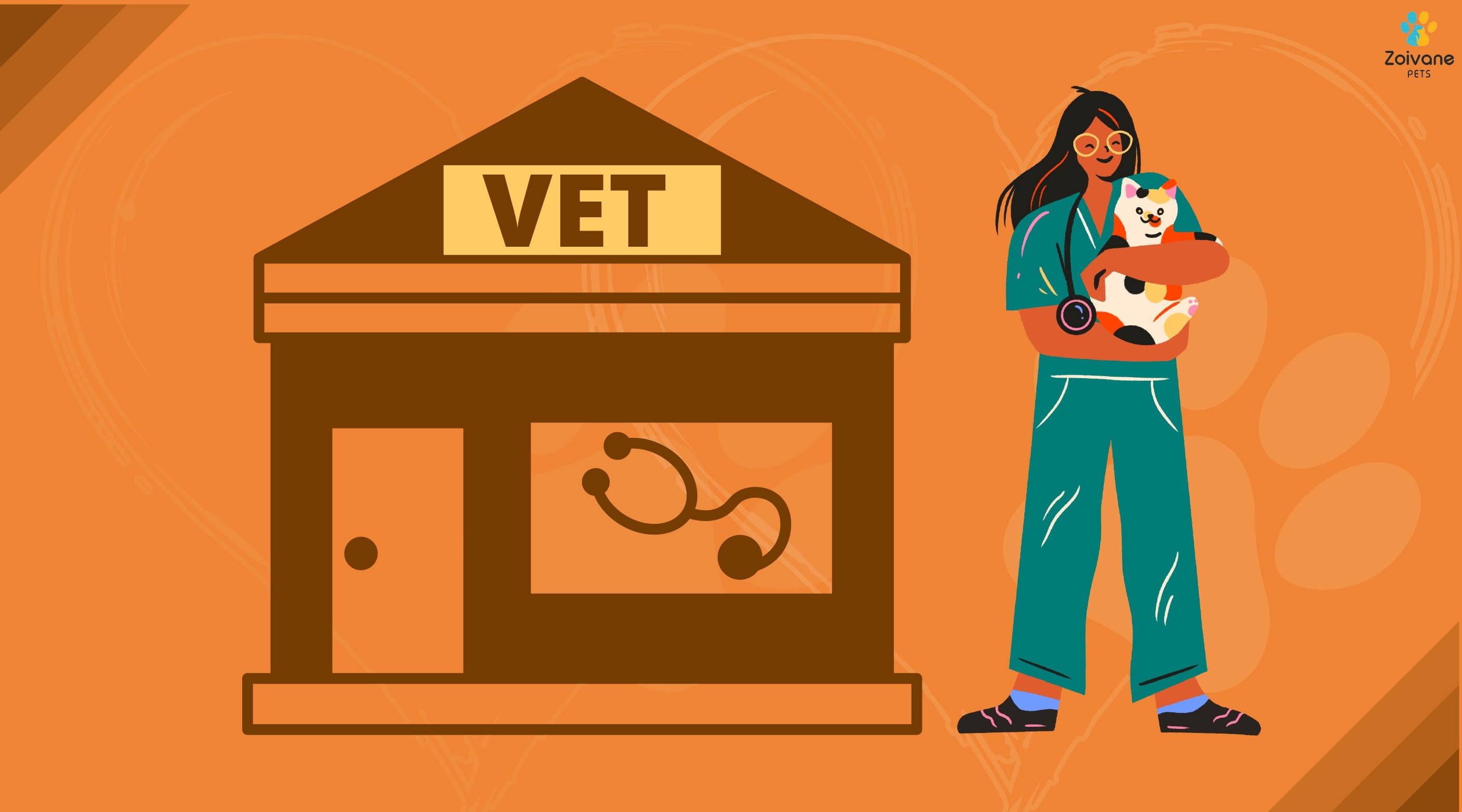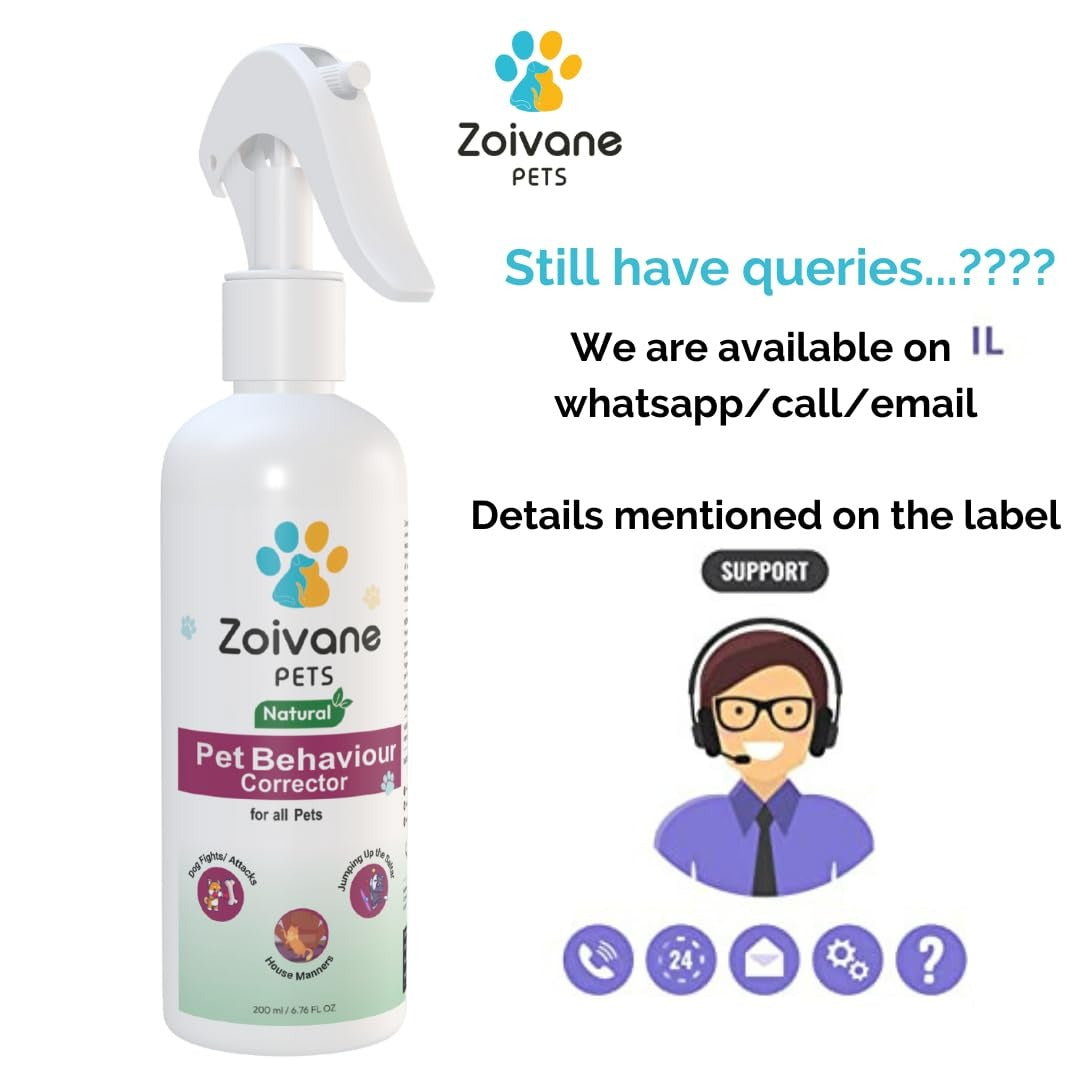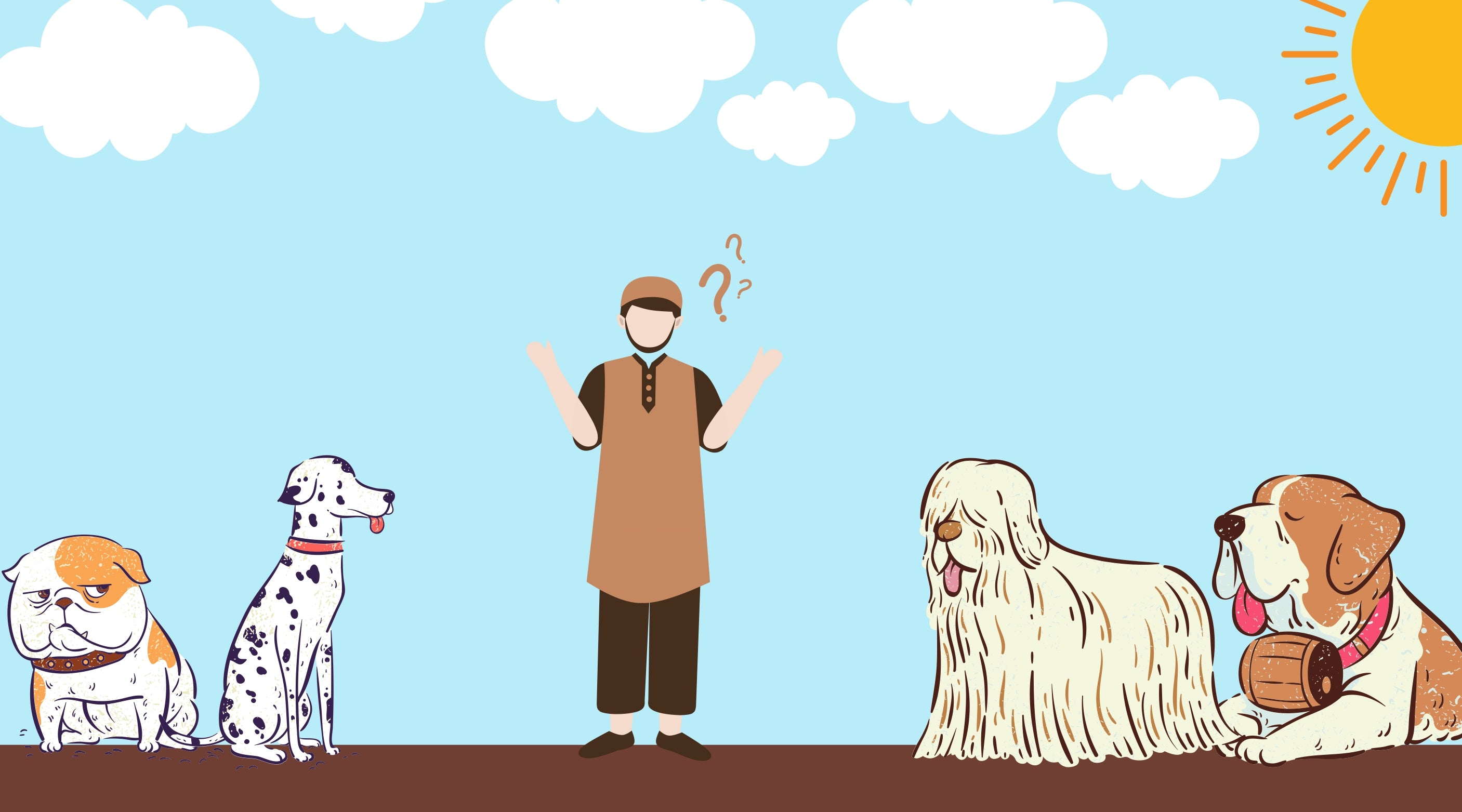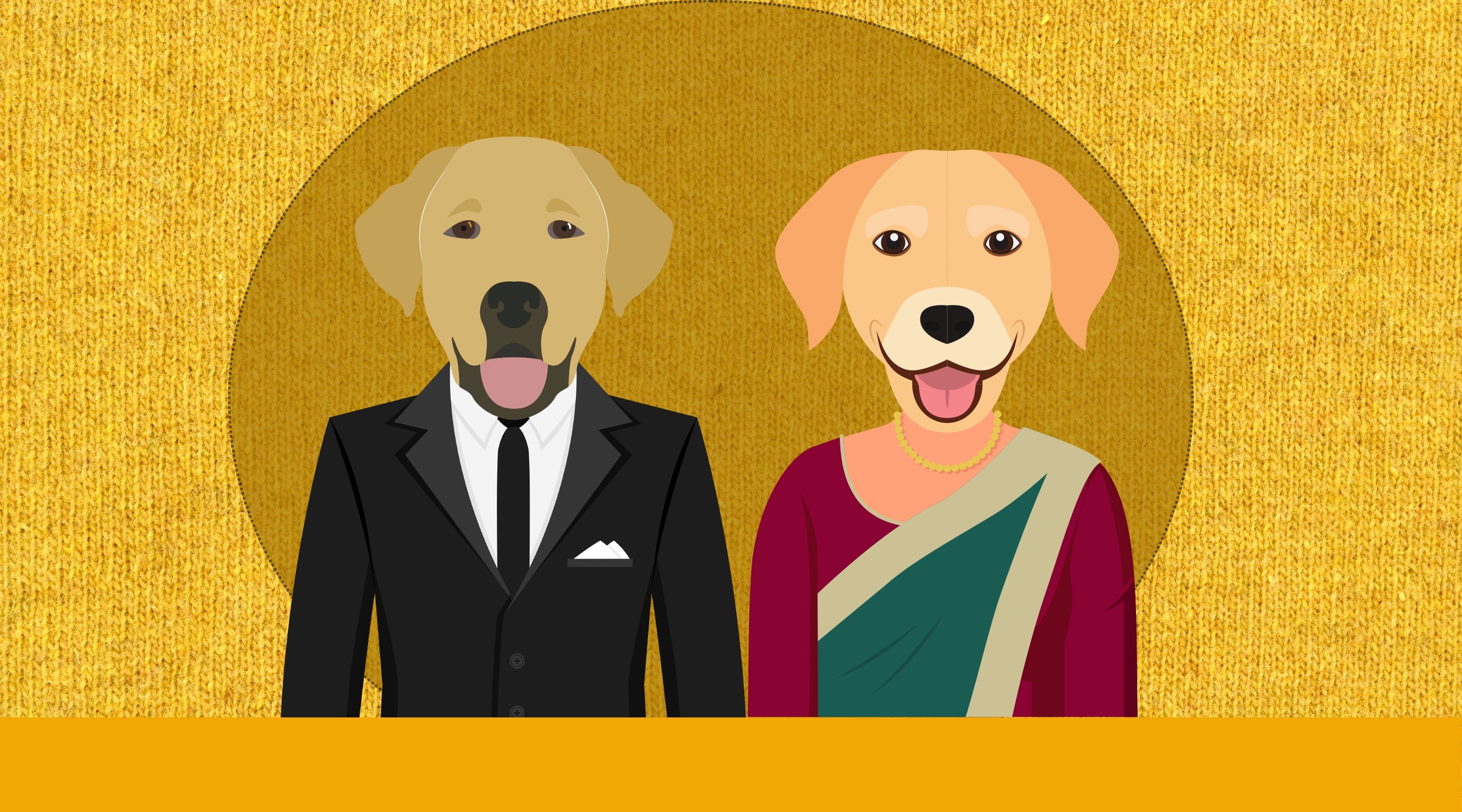
First Vet Visit: What to Expect
The day you’ve been waiting for, for so long is finally here! Your new puppy / kitten is ready to come home with you! You’ve taken care of all the essentials - food, crate, supplies, bedding, you’ve identified a place for exercise, socialization & Potty Training & you’re ready for the adventure of a lifetime with your fur baby. But wait! You’ve missed out on the most important aspect of getting a new pet – A trusted Veterinarian & your Pet’s first scheduled Vet visit.
Regardless of whether your fur baby is an elite purebred or a rescue from a local shelter, the first responsible step to petcare is a “trip to the vet”. Breeders / shops usually include a veterinary examination along with medical history & vaccination status. However, an animal from a rescue or shelter, where he may have an unknown background and may have been exposed to contagious diseases, an immediate & thorough examination is even more important.
Not sure whether to purchase or adopt a pet? Read here.
Keeping your pet healthy requires exercise, excellent nutrition, and consistent medical care; your veterinarian can help with all 3 of these aspects. Since you & your pet will make many trips to your vet over time, it is best to prepare yourselves for it. This blog will cover all aspects of Veterinary visits with your pet; why & when you should take your pet to a vet & things you should take care of before, during & after a vet visit.

Let’s take at some pointers you should be mindful of before taking your pet to the Vet for the first time.
- First & foremost, find a good Veterinarian around your area. Make sure the clinic isn’t too far away from your place. It would be wise to talk to a few Vets before deciding on one that satisfies your queries best.
- Try to visit the clinic before your pet comes home. Notice if the facilities are clean & sanitized and if the environment & people are friendly. Most vets will take the time to chat with prospective clients. This can prove as a vital foundation for a long relationship. Make sure your queries are answered & addressed concerns with respect & you are comfortable talking to him.
- Make sure to book an appointment prior to going for the first time. It’s best to not wait till the last minute.
- Discuss your pet’s history and any questions you might have about diet, vaccinations, medical issues, precautions, and future care, such as microchipping, spaying and neutering.
- Bring along medical records, including treatments, vaccinations, medical conditions and concerns, if any.
- Unless the Vet is walking distance from your place, get your new pet accustomed to a vehicle - your car or an auto. Refrain from taking him on a two-wheeler the first time. Placing him in a crate would help you handle him better. Before actually going to your Vet, which for the first few times, can be a stressful process for your pet; take out your pet for practice car rides to pleasant locations. Don’t forget to practice Positive Reinforcement and reward your pet with a treat.
- If possible, try and make your pet’s first visit to the Vet fun and relaxing. Introduce him to the atmosphere & people at the Clinic so that he is calm during treatments & checkups.
- Hold your pet in your arms or on a short leash to keep him close to you. You may want to place him inside a crate in case he’s too nervous, to limit his interaction with other animals & to make him feel secure. You can make him even more comfortable by placing his favorite toy or a familiar smelling towel inside.
- Also research the Clinic’s timings and after hour services. An emergency may not always occur between 9-5. Consult your Vet about an action plan in case an emergency occurs early morning or late at night. This includes making plans for transportation to the clinic if you don’t have your own vehicle.
- Make sure you have a list of potential questions Read the full article to know all essential questions you should ask your vet.
- After the first visit, your pet will see the Vet several times over the next few months. He will be administered vaccines regularly until he is at least 16 weeks old or he’s had 2-3 doses of vaccines against common infectious diseases. The exact timing and number of doses will depend on your pet’s breed and their expected lifestyle.
- This goes as a universal statement but keep small treats to reward good behavior.
- Make sure you prepare and carry your pet’s food This includes treats and at least one meal.
- Consult your Vet about taking a poop sample for inspection for any health issues or diseases your pet may have early on.
What to Expect DURING your First Vet Session?
Now that you’ve paid heed to every possible precaution and planning in the book, you should know what all to expect when you pay a visit to your Vet for the first time.

Let’s also take you through an extensive list of frequently asked questions you should make a note of: -
Food-Based Questions
- What should I feed my pet early on?
- How many meals should I feed him?
- When should I switch to adult food?
Socialization, Behaviour & Training Based Questions
- When can I take my pet to the groomer?
- When is the right age to take him to the park and socialise with other pets / strays?
- Would you recommend crate training?
- How long should I keep him in the crate?
- How do I Potty Train him? (Read an extensive article, here)
- How many times a day should I take him out?
- How much exercise does he need?
- How do I go about socializing him with other animals / pets?
- Should I go for a professional trainer?
Health & Safety Questions
- What all vaccinations are needed? And when?
- How often should I consult you?
- Should I spay / neuter him? If yes, when?
- Should I microchip my pet?
- How many times a day should he poop?
- Are there any particular health issues or concerns that are specific to my pet’s breed?
- Does my pet need Tick & Flea Prevention? If yes, what all products should I use?
- Should I get Pet Insurance?
- Dental care
- What all do I need to do to groom him?

Moving on to the last chapter of this blog post, if you’re extraordinarily lucky, your Vet visits will be simply routine stuff, vaccinations & checkups. But few animals go through their life cycle without facing any issues. Especially when young, pets are prone to Ear & Urinary Tract Infections. In addition, they have a tendency to eat things they’re not supposed to or fall off from high places and hurt themselves.
Here are some signs you should pay heed to & take your Pet to the Vet when you observe them: -
- Loss of appetite: Most pets love to eat. They’ll put anything and everything in their mouth. Refusing to eat could be a serious cause for concern, especially in breeds like Labradors & Golden Retrievers that are known for insatiable appetites.
- Oozing eyes: This could be a sign of an infection or injury.
- Increased / Frequent water consumption: If your pet suddenly starts drinking too much water or feels parched all the time, then these could be an early sign of kidney disease, thyroid or diabetes.
- Vomiting / Diarrhoea: If this happens once or twice, then it’s mostly non-alarming. But if has turned into something chronic, you really need to consult your Vet. If you see Vomiting & Diarrhoea at the same time, it could be a sign that your pet has swallowed or ingested a foreign object or something poisonous.
- Irregular Urination: If your pet is uncomfortable and asks to go out frequently, but can’t pass urine or is finding it difficult, then this could most definitely mean that your pet has a Urinary Tract Infection (UTI) that must be treated immediately.
- Bad Behavior / Irritability: If a happy & playful pet suddenly becomes irritable or snappy, he may be in discomfort or pain and should be seen by a Vet.
Raising a pet can be one of the most memorable experiences of our lives, but in many ways, it can be terrifying as well. It’s important to build the foundations of your relationship with your pet full of love, affection, care & giving. Consulting a veterinarian early on gives your pet a much better chance at a joyous & healthy life.
You can connect with Zoivane Pets on our Website, Instagram, Linkedin, Facebook & YouTube. For suggestions and writeups mail us at wecare.zoivane@gmail.com or Whatsapp us on +91-9727054006
















1 comment
7762034246
Rachna Kumari
Leave a comment
This site is protected by hCaptcha and the hCaptcha Privacy Policy and Terms of Service apply.